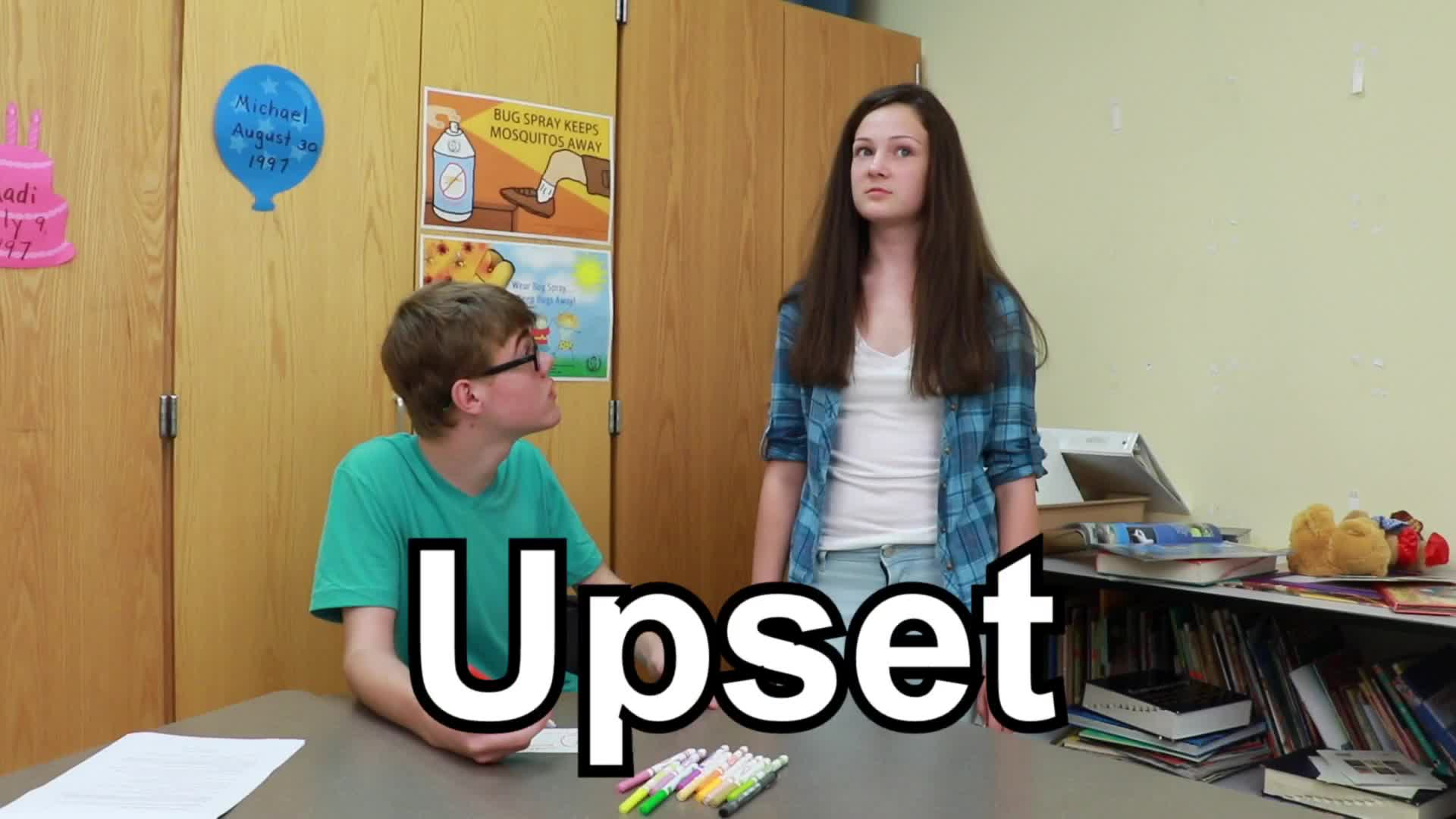In this blog post, we will discuss an important aspect of Social-Emotional Learning: understanding and respecting the thoughts and feelings of others. Educators working with students in Special Education will find this post particularly useful, as it provides an easy-to-implement activity and discussion questions to help students develop empathy and improve their social skills.
Introduction
Everyone has different thoughts and feelings, and it’s crucial for students to learn how to navigate social situations by understanding the perspectives of others. When students can put themselves in someone else’s shoes, they are better equipped to handle conflicts and problem-solve effectively. In this blog post, we will explore an engaging no-prep activity that teaches students the importance of considering others’ feelings during a disagreement or conflict.
No-Prep Activity: The Sneaker Scenario
This activity requires no preparation or materials from the educator. It is designed to help students understand that every problem has two sides: how they feel about it and how the other person feels. The activity involves reading a scenario to the students and then discussing the different perspectives of the characters involved.
- Read the following scenario to the students:
- Ask the students to identify the feelings of both characters, Mike and Kate.
- Discuss how Mike and Kate could have handled the situation differently by considering each other’s feelings.
- Ask the students to come up with alternative responses for Mike and Kate that demonstrate understanding and respect for each other’s feelings.
Mike: Hey, Kate. Come look at this drawing I made. Ouch!
Kate: Whoops! Sorry.
Mike: What did you do that for? These are my favorite shoes.
Kate: Jeez, chill out. It was an accident.
Mike: It doesn’t matter. Don’t touch my sneakers.
Discussion Questions
After completing the activity, use these questions to stimulate further discussions among the students:
- Why is it important to consider other people’s feelings in a disagreement or conflict?
- How can understanding someone else’s perspective help to resolve conflicts more effectively?
- Can you think of a situation where you didn’t consider someone else’s feelings? How could you have handled it differently?
- What are some strategies you can use to better understand and respect the feelings of others?
Related Skills
Besides understanding and respecting others’ feelings, there are other relevant skills that can help students improve their social-emotional development. Some of these skills include:
- Active listening: Paying close attention to what others are saying and responding appropriately.
- Empathy: Being able to identify and share the feelings of others.
- Assertiveness: Expressing oneself clearly and respectfully, while also considering the feelings and needs of others.
- Conflict resolution: Developing the ability to address disagreements and find mutually beneficial solutions.
Next Steps
If you found this blog post helpful and would like to access more resources for teaching students about understanding and respecting others’ feelings, we encourage you to sign up for free samples of our skill-building materials at Everyday Speech. Our sample materials cover a wide range of social-emotional learning topics, providing educators with valuable tools to support their students’ growth and development.






